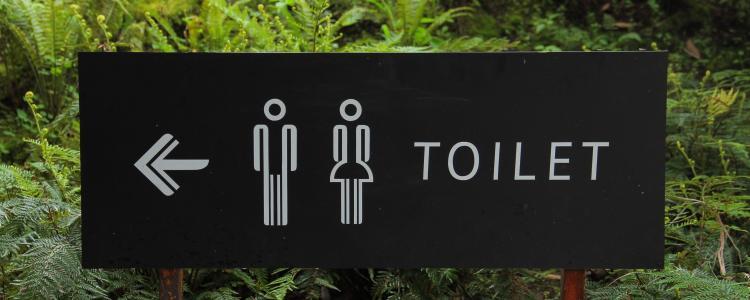Delhi belly, Montezuma’s revenge and Rangoon runs are just a few names given to the most frequent health complaint to affect travellers aboard.
It is estimated that 30- 50% of travellers will experience travellers’ diarrhoea during a one – two week stay in countries where standards of hygiene and sanitation are poorer than we are accustomed to at home. High risk areas include India, Africa and South America. We have some kits designed especially for Nomads to self-treat travellers’ diarrhoea, the Diarrhoea Self Treatment Kit and a treatment kit specifically for India & South East Asia.
The most common cause of infection is bacteria such as E, Coli, Salmonella and Campylobacter; however parasites and viruses are also known causes of diarrhoea in travellers.
Contaminated food and water are the main sources of infection. High risk foods include raw fruit and vegetables, dairy products, undercooked meat and seafood. Ice in drinks and tap water in many countries are highly contaminated and should always be avoided. Food that has been sat out for some time such as buffets may be contaminated by flies and over handling. Care should be taken with street food.
To prevent Travellers’ diarrhoea, hands must be washed thoroughly after using the toilet and before eating or preparing food. Hand sanitiser should be used often, and food preparation surfaces should be sanitised with surface cleanser. Drinking water should be bottled, boiled or purified and food should be thoroughly cooked and piping hot.
Travellers’ diarrhoea can affect travellers at any point of their trip. It is usually self- limiting, resolving within a few days however symptoms can be distressing and debilitating, impacting on travel plans. Symptoms include frequent watery stools, urgency to go to the toilet, abdominal cramps, pain and fever.
Medicines such as loperamide and rehydration solution should be carried by travellers to help manage symptoms of diarrhoea and reduce the risk of dehydration. Antibiotics such as Ciprofloxacin and Azithromycin can be taken as self- treatment for moderate to severe cases of Travellers’ diarrhoea. This is particularly useful for long term travellers and those visiting very high risk countries where access to health care provisions may be limited and poor.
All Nomad clinics stock the recommended medicines and antibiotics for the self-treatment of travellers’ diarrhoea. Our specialist Travel health nurses can advise on the most appropriate antibiotic for you and the country you are visiting. Please note an appointment with the Travel heath nurse is required.


No Comments
Be the first to start a conversation